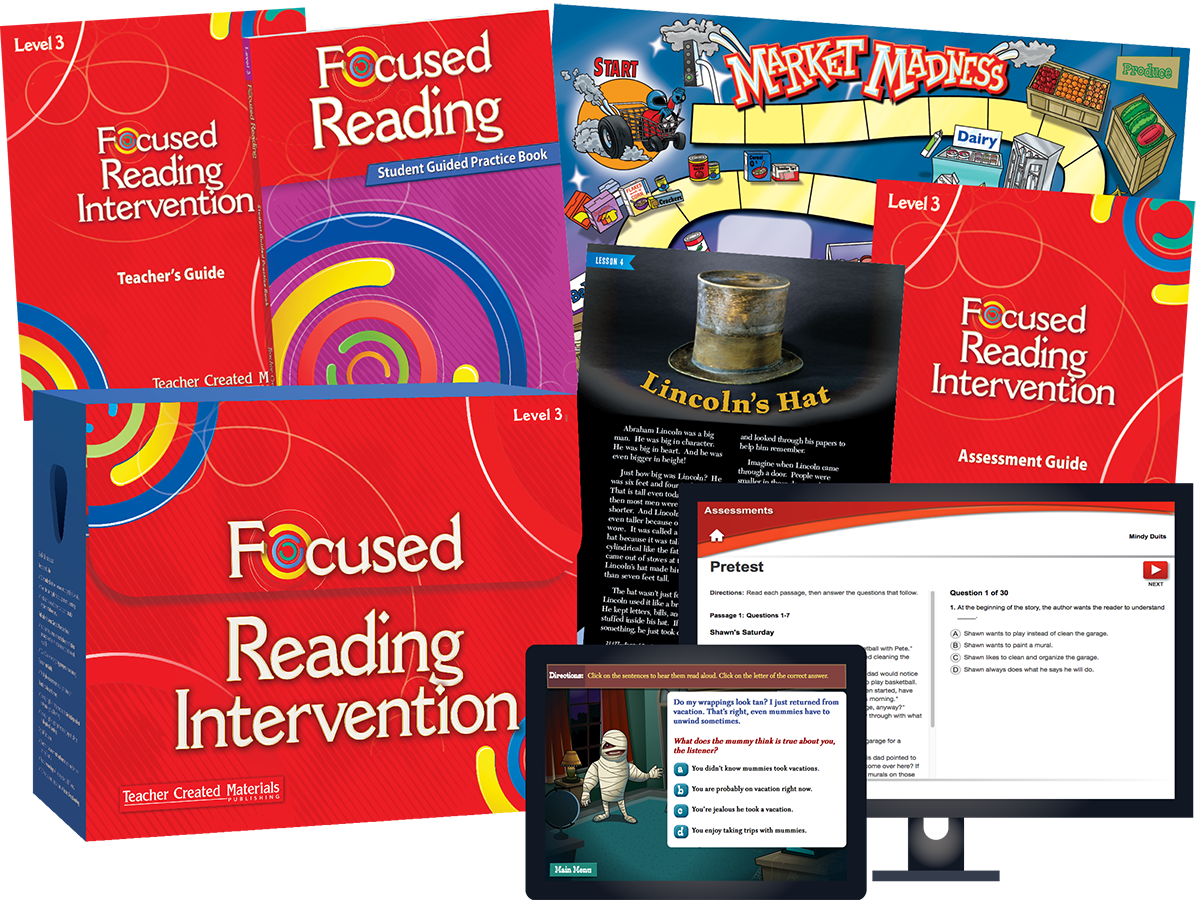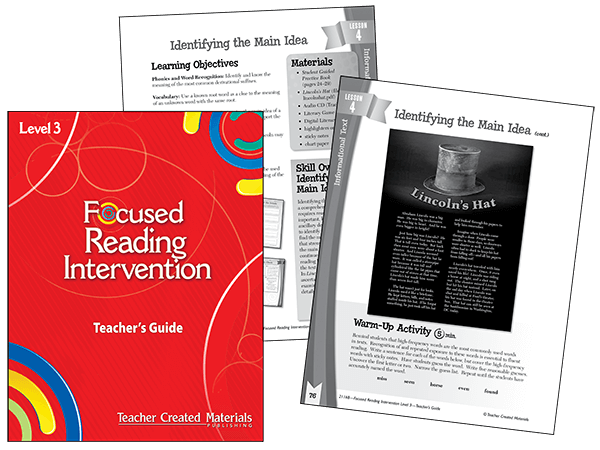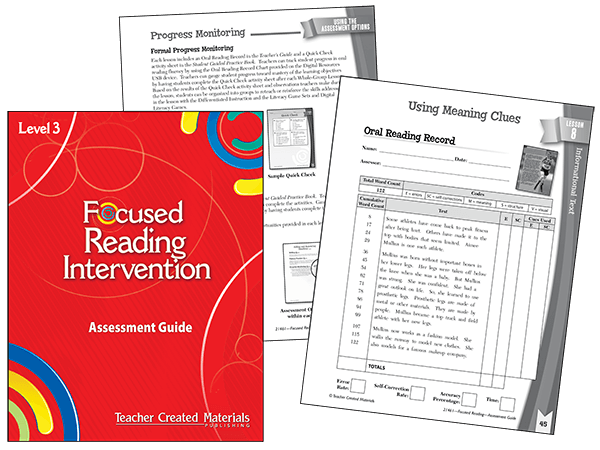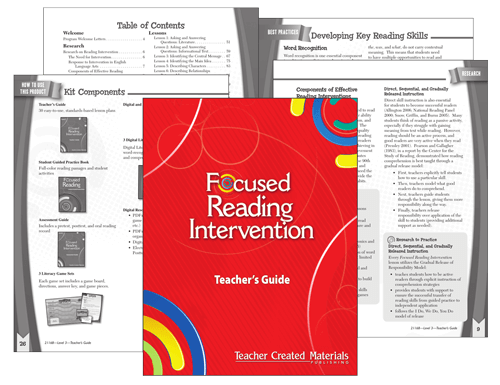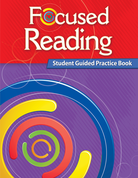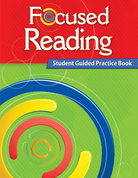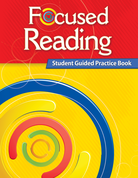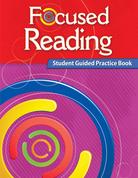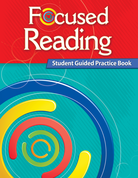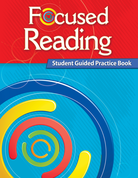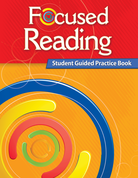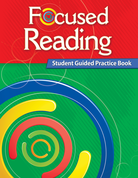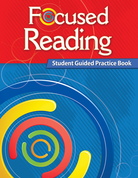National Reading Panel Findings and Recommendations: Struggling Students Need Effective Reading Instruction to Succeed
Reading interventions are vital to student success in all subjects and grade levels, from young children in kindergarten to older students in middle school.

In 2000, the National Reading Panel (NRP) identified five components to successful reading comprehension:
- Phonological awareness/phonemic awareness (identifying and manipulating sounds, and understanding words are comprised of sounds that can be used to create other words)
- Phonics (matching sounds to letters or letter groups)
- Fluency (reading quickly and accurately)
- Vocabulary (a language's words and word meanings)
- Comprehension (understanding what's read)
Students in grades K to Grade 8 can fall behind in reading fluency for several reasons, including:
- lacking the phonemic awareness / phonological awareness needed to support word recognition skills, decode multisyllable words, or recognize sentence structure.
- having one or more learning disabilities (LDs).
After conducting a comprehensive analysis of reading research, the NRP determined students benefit most from reading instruction following six core instruction strategies:
- Differentiating instruction to reach students at diverse levels of reading comprehension (i.e. adapting to the needs of students who struggle and high-achieving students).
- Providing explicit instruction in skills and concepts related to word reading, decoding multisyllabic words, vocabulary instruction, and fluency. This is particularly important for children with learning disabilities.
- Teaching children clearly and systematically (sequentially) to ensure simpler, critical skills are taught before more complex skills.
- Providing opportunities for student growth through practice and positive/corrective feedback.
- Teaching reading strategies to overcome unfamiliar words (i.e. looking for known parts of the word, sounding it out, and checking within the context of the sentence).
- Conducting consistent student progress assessments to ensure reading fluency improvement.
Struggling students benefit markedly from explicit direct instruction when remediating academic difficulties in reading. Effective reading instruction is especially important for English language learners struggling with reading comprehension, particularly elementary students. When significant reading problems aren't quickly addressed with systematic instruction, students are unlikely to catch up until intensive intervention is provided.
